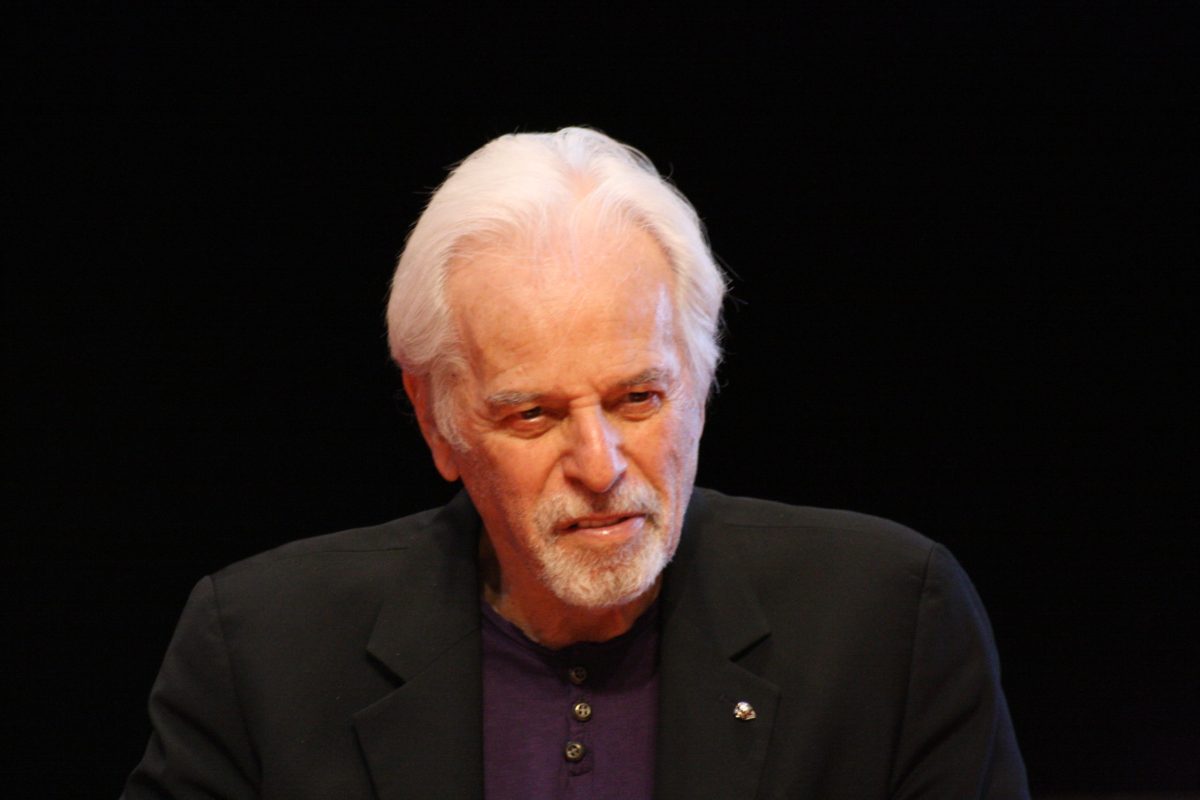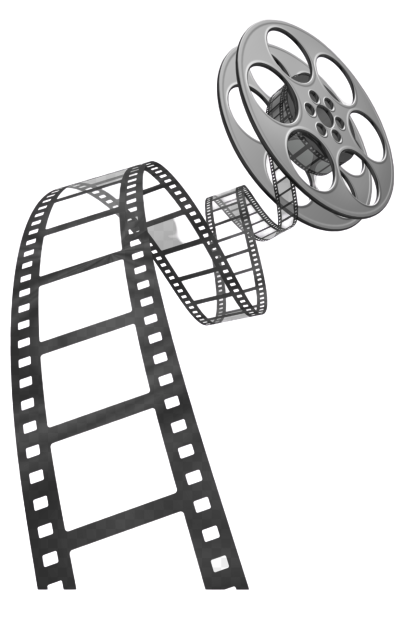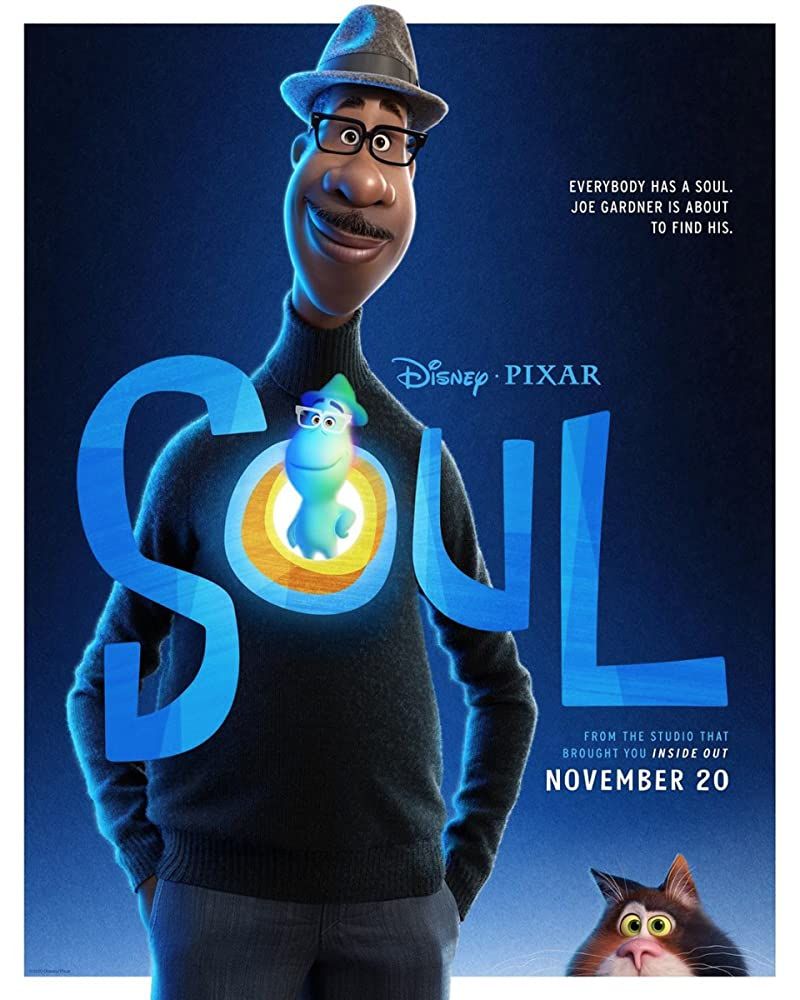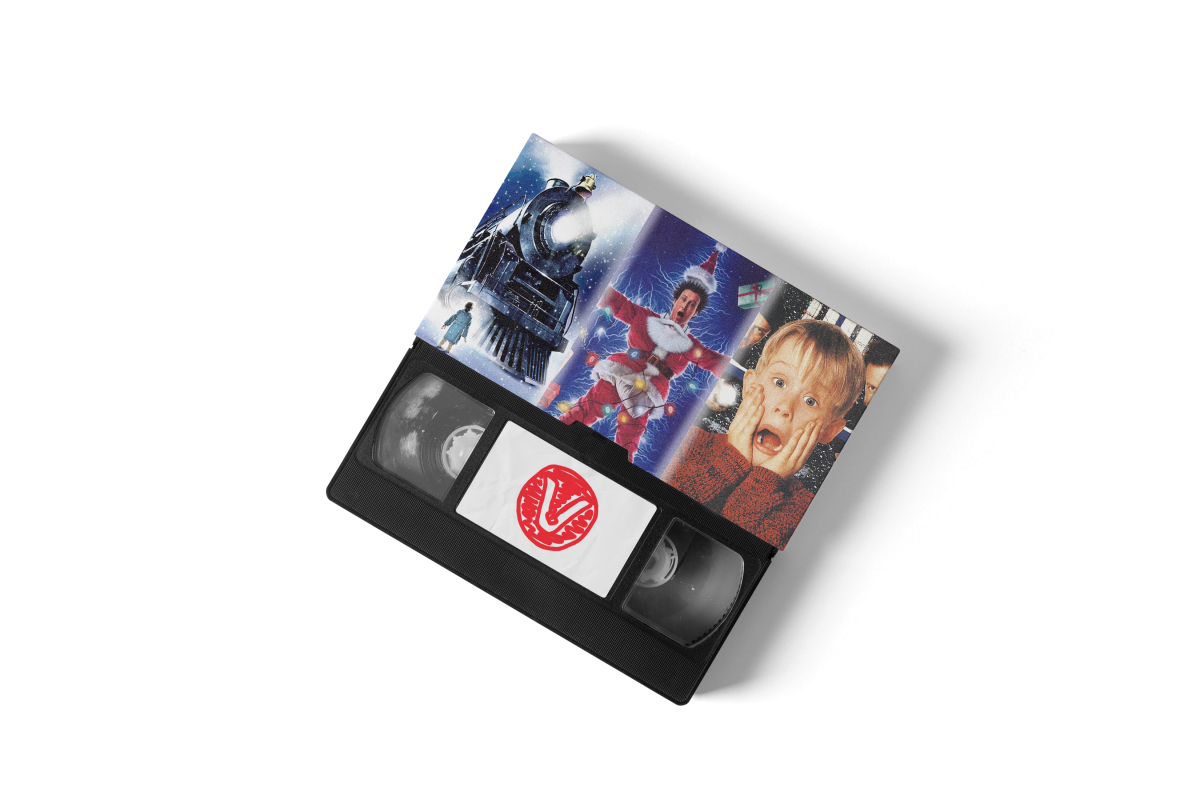The DC superhero movies have had difficulty connecting with audiences. While the studio has had some recent successes, their attempt at a shared universe will always be looked back on as a failure. While Marvel’s first “Avengers” movie was the third highest grossing film in 2012, DC’s “Justice League” flopped. It’s a cautionary tale of what happens when a studio goes all in on a particular vision, then has to scramble to make their franchise more like their competitor.
There was a lot of excitement for “Man of Steel” prior to its release in 2013. People were expecting a grounded modern take on Superman along the likes of Christopher Nolan’s Dark Knight trilogy. However, the reception to the movie was extremely mixed, with audiences uncertain on how to feel. While it has many beautifully done scenes there was no sense of cohesion as the story progresses with seemingly random flashbacks constantly interrupting the narrative. The film deconstructs the Superman mythos as a modern Christ parable, but ultimately never does anything with it. For comparison, “Batman Begins” is all about the nature of justice with Bruce Wayne constantly having his worldview on justice challenged. Meanwhile in “Man of Steel,” questions are brought up about whether it’s right for Superman to intervene, but these concerns are basically abandoned once the action starts. It’s a film that wants to seem as if it has something to say without actually saying anything. Despite this, the movie still made money and became the starting point for DC’s own shared universe to rival Marvel’s.
Warner Brothers was quick to fully capitalize on the cinematic universe concept and gave “Man of Steel” director Zack Snyder the greenlight to direct a Batman versus Superman movie as well as two Justice League movies, a decision they would soon regret. “Batman v Superman: Dawn of Justice” had the task of being a sequel to the divisive “Man of Stee,” introducing a new Batman just a few years after the Nolan trilogy, and creating the groundwork for a huge franchise to rival Disney’s Marvel Cinematic Universe. Needless to say, the production was overly ambitious and resulted in very negative reception. Zack Snyder had a lot of freedom to make the movie, which was both a big strength and weakness. While Synder is a talented director who can make very impactful scenes, the problem is that he tends to treat every moment as an extremely important scene. Nearly all scenes will have slow motion, overbearing dramatic music or flashing, dramatic lighting. It simply isn’t a style suited for a billion dollar franchise. It’s too much to ask the average person to sit through a nearly 3 hour movie when every scene is trying to broadcast how important it is. That’s why there exists a common criticism that “Batman v Superman” is too dark and doesn’t have enough humor, as a little more comedic relief would have helped the pacing significantly.
Despite its many faults, “Batman v Superman” does have a lot of interesting elements that went unappreciated. The music and cinematography are simply beautiful. This time Snyder delivers much more meaningful and complex deconstructions of the comic book characters. The film is about the nature of power and Superman’s place as the Christ-like savior and the harbinger of destruction. Batman and Lex Luthor are both motivated by their own feelings of inadequacy and powerlessness. There is a lot of aquatic imagery around Batman in particular in reference to Moby Dick, since he goes down the same road as Captain Ahab, complete with his own harpoon to stab his whale, Superman. That same harpoon then becomes Superman’s own Spear of Longinus as he completes the Christ allegory and sacrifices his life to save everyone. Interestingly, political scenes also included a significant number of parallels to 9/11.
Even though there’s interesting details in the subtext, it’s no surprise that this approach would not be a viable way to compete with Marvel. After “Batman v Superman” underperformed, Warner Brothers panicked. The studio immediately ordered reshoots of their next DC movie to make it funnier and more in line with a Marvel movie. That decision led to the cinematic abomination known as “Suicide Squad.” Originally meant to be more serious, the movie was re-edited by a third-party company without the director’s input. At this point “Suicide Squad” was widely regarded as one of the worst movies in the genre. It is often compared to “Batman and Robin” or “Catwoman” in terms of quality. Fortunately for Warner Brothers, they were able to capitalize on the popularity of Margot Robbie’s performance as Harley Quinn.
The DC extended universe was finally able to win critical success with their later solo films with “Wonder Woman”, “Aquaman” and “Shazam”. These three movies, while maybe not as interesting as Zack Snyder’s films, are much more structured and coherent. Having the audience be able to understand what’s going on without requiring previous knowledge of the source material is kind of essential for making a mass appeal film franchise. The three films are simple hero’s journey narratives, and sometimes simpler is better. Continuing the wave of success, this year DC released “Birds of Prey,” which wasn’t really a good movie at all, but was at least entertaining and a notable improvement over “Suicide Squad”.
Following the failure of “Batman v Superman”, Warner Brothers was in a very difficult situation with “Justice League” being scheduled to start filming only one month afterwards. Critics and audiences alike were not on board with Snyder’s vision for these characters, but the studio couldn’t just fire Snyder so late into production. During the post-production of “Justice League,” Zack Snyder had to step away from the film in the wake of his daughter’s tragic suicide. Warner Brothers then replaced Snyder with Joss Whedon who ordered massive reshoots which completely rehauled the movie. As a result of the extensive reshoots ,“Justice League” was the most expensive movie ever made. It was released in November 2017 and completely flopped. The theatrical cut was an embarrassing mess with unfinished effects, horribly awkward and un-funny dialogue, and no attempt to pay off many plot points set up in previous movies.
Zack Snyder’s director’s cut of “Justice League” is projected to release in early-to-mid 2021, and the story he was trying to tell across all these movies will finally have its proper conclusion. While it still may or may not be any good, an artist’s true vision is always worth watching over a film made by a committee of executives the way the theatrical cut of “Justice League” was. DC seems to be moving on from a shared universe. They’re rebooting Batman next year and solely focusing on solo movies. So, in a way the Snyder cut will be the finale to the DC Extended Universe. It was a series of mild highs and incredible lows, but at the very least it was a fascinating journey.



































